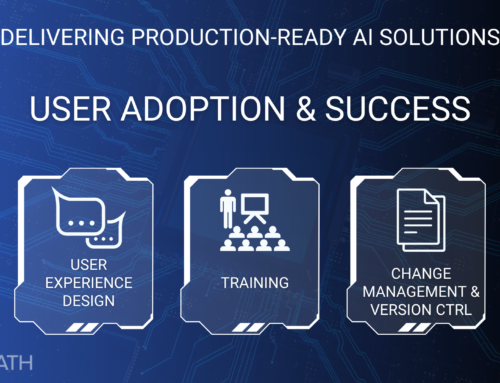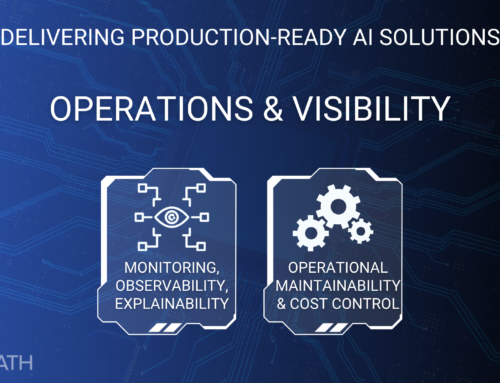Considering key aspects of machine learning implementation throughout the entire Machine Learning (ML) lifecycle is crucial for building a robust and successful solution, especially for enterprise implementations. From the initial stages of project scoping to post-deployment monitoring and feedback, factors such as security, scalability, agility, and transparency must be addressed continuously. Ensuring that these elements are incorporated both before and after model training allows for adaptable, efficient, and repeatable processes that can handle changes in data, business requirements, and regulatory landscapes. This holistic approach ensures that the ML solution remains secure, reliable, and valuable to the enterprise over time.
Key Characteristics and Considerations:
A successful machine learning implementation in an enterprise should be:
- Secure: Protects sensitive data and ensures model integrity.
- Agile: Able to adapt quickly to changes in data, models, or business needs.
- Resilient: Capable of withstanding failures or disruptions without significant downtime.
- Repeatable: Provides consistent, reliable results across different environments and iterations.
- Scalable: Can handle increasing data volumes and workloads without performance loss.
- Efficient: Optimized for resource utilization, delivering high performance with minimal cost.
- Transparent: Ensures clear insights into model decisions, supporting interpretability and explainability.
- Governed: Adheres to data privacy, regulatory, and compliance standards.
- Automated: Minimizes manual intervention by streamlining processes like model training, deployment, and monitoring.
- Adaptive: Evolves as new data or business conditions emerge.
- Collaborative: Enables effective teamwork between data science, IT, and business stakeholders.
- Reproducible: Ensures consistent results across environments through proper versioning of data, models, and code.
Conclusion:
Failing to consider these crucial aspects of machine learning implementation throughout the lifecycle introduces significant risks. Without proper attention to security, models may expose sensitive data or become vulnerable to attacks. Neglecting scalability and agility can lead to performance bottlenecks as data or workload demands grow. A lack of governance and transparency can result in non-compliance with regulations, making it difficult to explain model decisions. Additionally, without automation and repeatability, models may become outdated or inconsistent, reducing their effectiveness. Ultimately, overlooking these factors can lead to unreliable, inefficient, and non-compliant ML solutions that fail to meet business objectives.





